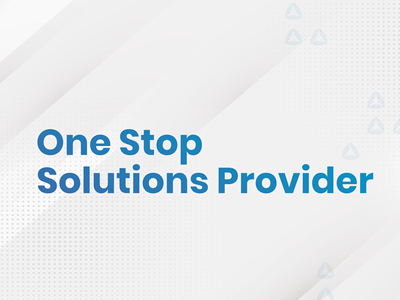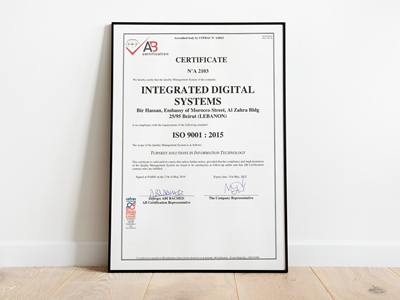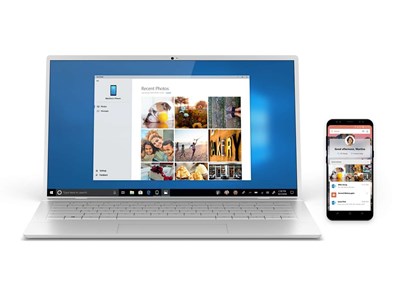What Are Internet Cookies?
An internet cookie is a packet of data that is sent between a website and a user’s browser. Its purpose is to track visitors’ activity on the website.
Specifically, a cookie consists of a small text file with a unique ID tag. There are two copies of it—one is stored on your computer and one is stored on the website.
The information that a cookie records about each user’s activity can be used to enable and enhance the functionality of the standard website features like authentication processes, user comment sections, and shopping carts.
When a user returns to a site that has installed a cookie on their computer, the website can recognize the user based on the cookie. This allows the site to greatly enhance the user’s experience. For example, the visitor’s login credentials can be stored for a more convenient authentication process, their cart or wish list will be current, etc.
Information stored by cookies is also source data for valuable website analytics. It allows site owners to get information about which pages are visited the most, how long visitors spend on certain pages, and many other stats about users’ behavior on their website.
How Do Websites Use Cookies?
A good way to understand the ways that websites can use cookies is to look at a high-level classification that puts cookies into one of two groups, session cookies, or persistent cookies.
These two types are handled differently by the web server and the browser, and they are used for very different purposes.
- Session cookies are stored temporarily by the browser until the current browsing session is over. The information they collect is only of use during the current session of active website usage; after the visitor leaves the site or closes their browser, the session cookie is removed. Session cookies, which many types of plugins use, are widely considered to be safe and integral parts of common website facilities like shopping carts.
- Persistent cookies are used to log a visitor’s activity in multiple visits to a site. They’re stored by the browser even after it’s closed. A common use for a persistent cookie is to make the authentication procedure easier for users. When the user gives permission, by clicking “Remember Me” on a login page, for example, a persistent cookie is created to store their credentials in the browser. This type of cookie could also be used to keep track of a user’s wish list or anything the user would want to have preserved for their next visit.
There’s another major use for persistent cookies that’s less about enabling website features and more about tracking users across multiple sites. Google and Facebook log user activity in this way to better customize the user’s experience. It involves the use of persistent cookies as tracking cookies.
Each time a visitor comes back to a site using a persistent cookie, the cookie will be sent to the issuer of the cookie. But the cookie can be sent when the user visits other websites too, provided those websites have a resource (like an ad) that’s placed there by the cookie issuer.
There are other classifications of cookies, some related to the cookie’s purpose or security, with others pertaining to the need for user authorization. For example, cookies that privacy regulations have deemed “strictly necessary” for a website to function do not require authorization.
Despite those more detailed ways to categorize internet cookies, having a basic understanding of the difference between session cookies and persistent cookies is a great start for small business owners who want to get the most out of cookies on their website.
How Cookies Can Help Small Businesses
There’s a good chance that your small business website already employs cookies. If you use an automated ad platform like Google Ads, a CMS like WordPress, or any plugins or buttons that enable social media engagement, then your website uses cookies.
Website features like a shopping cart, a comment section, a login screen that remembers your user ID, or the ability to save preferences are so basic, we don’t think much about them. But we’d miss them if they weren’t there, and cookies are what makes them possible.
Take the abandoned shopping cart scenario. By saving the cart contents using a cookie, an e-commerce site can help a returning visitor remember what they were interested in buying during their last online shopping session.
Cookies can even be used to tailor the user’s experience during the current browsing session, presenting different content based on pageviews within the session.
Another common use of cookies is to gather data for analytics. When website analytics programs, like Google Analytics, calculate useful site performance statistics, they use raw data gathered by cookies to feed the process. It’s a way for site owners to know how visitors found their site; how many times a user has visited the site; how many and what pages a user viewed, etc.
Are users coming in from pay-per-click ads, backlinks, or search results? Do they spend all their time on one product page, ignoring all the others?
Having such details is crucial because it allows site owners to focus their attention on the most important traffic sources and web pages, and generally use the information to refine their marketing approach.
Cookies are also commonly used in automated ad targeting in which ads are displayed to users based on their activity on your site or other sites. For example, WordAds puts ads on each of your blog posts, and it tailors the ads to the user based on data gathered by cookies.
Use Internet Cookies to Improve Your Business
Using cookies on your website lets you provide a smoother and more customized experience for your users.
They enable common website features like authentication and shopping carts, and the valuable data they can gather when tracking user activity can be of vital importance when you’re looking for ways to improve your marketing strategy and more fully engage with customers.
If you use them properly and comply with related privacy rules, internet cookies will help you run a better website and provide you with valuable business intelligence.










Comments